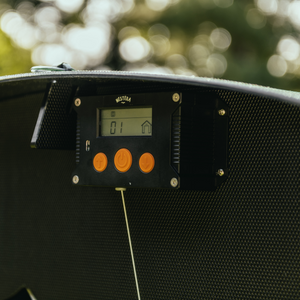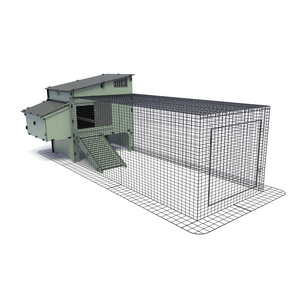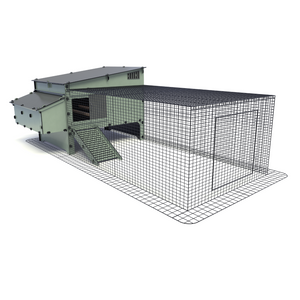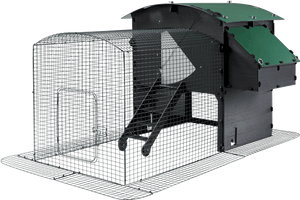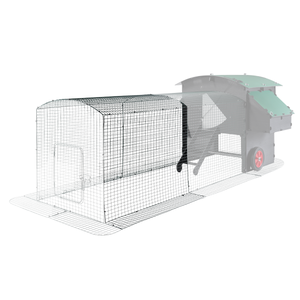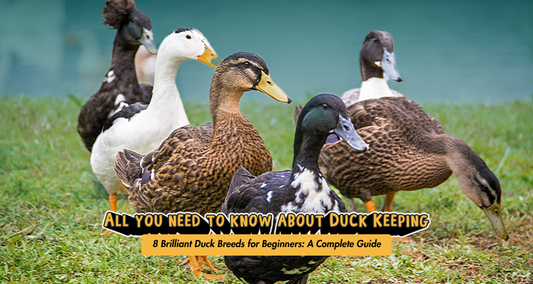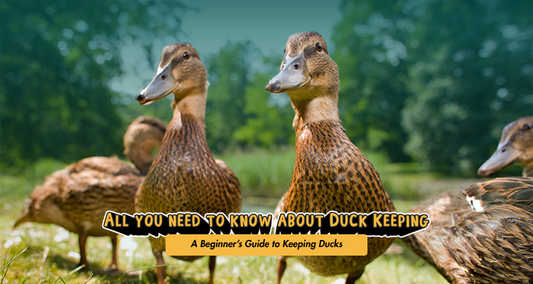Vocalisations, Egg Songs in Hens, and Why Hens Might Sing Even Without Laying an Egg
Chickens make a whole range of vocalisations depending on their gender, breed, and situation. Amazingly, the speaking and understanding of this language is innate. Even if your birds have hatched from eggs in an incubator and been reared in a shed, they will still use many of the same vocalisations — and understand their meaning. They don’t learn these from a mother hen or other flock members. This is very different from the way humans learn language.
Vocalisations vary, just as ours do. Chickens use soft, rhythmic, low tones to soothe themselves, their eggs, and their chicks. They’ll use loud, high alarm calls if they spot a predator. We’re much the same: we use sing-song voices or hum to our children, but shout or scream if we think they’re in danger. Both humans and chickens chatter amongst themselves most of the time to share information and bond with friends and family.
Despite the recent focus on flock vocalisations, particularly in commercial flocks, there is almost no research into egg songs. An egg song refers to an extended vocalisation made by hens, often for a number of reasons. It was always thought that these sounds were made just before or after laying an egg, but it seems to be much more complex. There are a number of songs that hens sing, and they all mean different things — though they sound similar.
Here are some reasons you may hear your hen being more vocal than usual:
Besty Nesty
Chickens are sociable birds who generally like to lay their eggs together in communal nests. Smaller flocks with strong bonds are particularly known for this, which is why we are changing all our nestboxes to have removable dividers.
Laying an egg is a big deal! Hens want somewhere they feel safe, knowing their egg and potential future offspring will be protected. Hens often incubate a clutch of eggs laid by several hens, so announcing the discovery of a great nest site saves the rest of the flock time and effort — and ensures all the precious eggs can stay together.
Shift It, Mrs!
Hens are creatures of habit and usually choose to lay their eggs in the same place every day. If another hen is occupying their favoured spot, they will be extremely irritated. The ‘song’ you hear is more than likely a list of avian expletives directed at their flock mate!
I’m in the Club!
Being a bird large and mature enough to lay an egg is an achievement worth shouting about. Laying eggs is a particular rite of passage in a flock and helps hens climb the social ladder, which is why new layers tend to be the noisiest of all.
Yo! Boyfriend

Wild jungle fowl in Asia have been closely observed over many years. Each flock typically consists of several females and a dominant male. After a hen has laid an egg in a remote, predator-safe nest, she will call for the cock bird to escort her back to the others.
On the flip side, hens sitting on the nest incubating their eggs will not want male attention and will cluck in an agitated way. Her music will change when she’s feeling more receptive to his advances.
Predator Protection
It’s unusual for a hen to sing while laying, but it's most common just after. One theory suggests the singing draws predators towards the hen and away from the hidden nest of precious eggs. From an evolutionary standpoint, it makes sense. A chorus of egg songs from several birds may intimidate predators and improve synchronicity and bonding within the flock too.

Some keepers worry that their hens are in pain when laying, comparing it to human childbirth. It’s impossible to know exactly what another animal is feeling, but there are interesting studies where corticosterone levels (which indicate stress) have been measured.
Hens’ bodies are well adapted to laying standard-sized eggs on a regular basis, and it seems this doesn’t stress them too much. However, large eggs are more likely to cause discomfort. Attention should be paid to any hen walking around in a penguin stance, with her tail down, as this is a sign she could be egg-bound.





